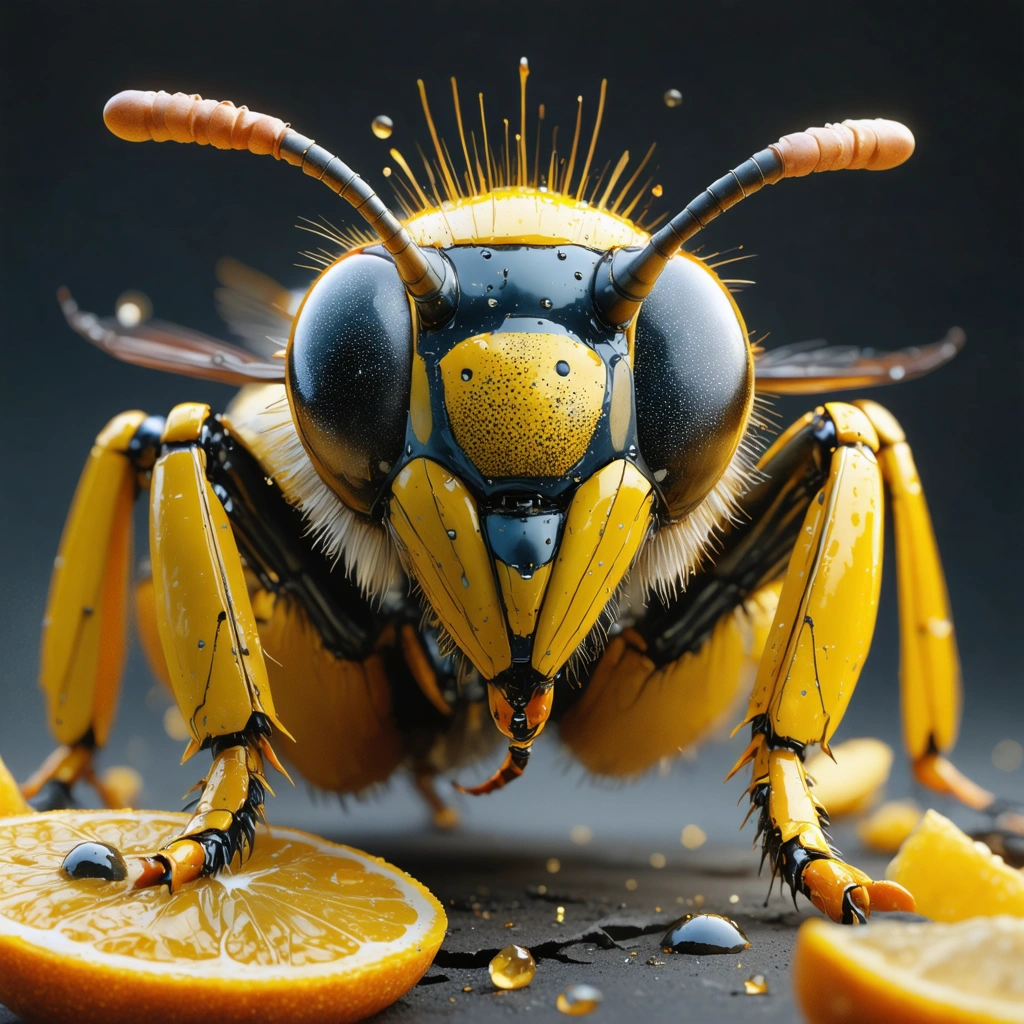
Introduction
The Asian hornet, also known as Vespa Velutina, is renowned for its size and predatory nature. However, a recent study conducted by researchers from the University of Exeter, United Kingdom, has revealed surprising aspects of the hornet species’ dietary habits, posing a potential threat to ecosystems around the world.
Asian Hornets: Who are they?
Also known as yellow-legged-hornets, Asian hornets are a social species of predatory wasp. They are native to southeastern Asia and are considered an invasive species in Europe and North America. These hornets have a particular appetite for honey bees and other native insects that perform the crucial task of pollinating important crops. The disappearance of such pollinators due to predation could pose a risk to food supplies and the stability of the ecosystem.
The Diet of Asian Hornets
In their recent study, the team from the University of Exeter analyzed Asian hornet samples from France, Spain, and the island of Jersey. It was found that the hornets’ diet was far from being restricted to honey bees; evidence of a further 1,400 different species was discovered within their gut contents. This startling variety included wasps, beetles, flies, butterflies, moths, and even some arachnids.
Methodology and Findings
The researchers utilized a method called deep sequencing, which sequences a region of the genome multiple times, to identify the prey species in the guts of more than 1,500 Asian hornet larvae. Out of the top 50 invertebrate prey species identified, 43 are known to visit flowers. Interestingly, Europe’s three main crop pollinators–the European honey bee, the buff-tailed bumblebee, and the red-tailed bumblebee–were also found in the samples.
Implications
The results of this study highlight the potential threat posed by Asian hornets to ecosystems. Their broad and varying diet means they are not only a threat to honey bees but to a wide range of insects that play essential roles in ecosystems, including pollination, decomposition, and pest control. As the Asian hornet’s territory expands, they pose an additional threat to already declining insect populations due to habitat destruction and chemical pollution. As a result, many are encouraged to identify and report Asian hornet nests to local authorities to mitigate their impact.




